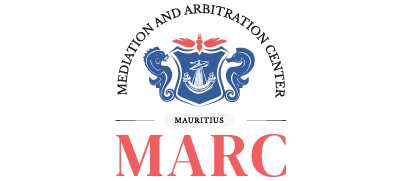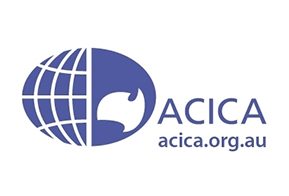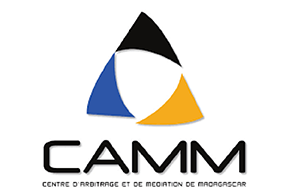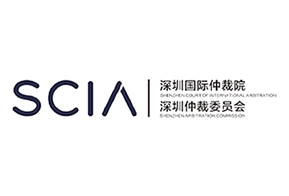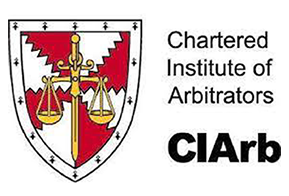In addition to its institutional arbitration framework, MARC also provides an efficient institutional mediation framework.
Advantages of mediation include that it takes usually less time than arbitration or litigation and involves lower costs. Moreover, the process enables parties to reach an agreement on solutions which could not be achieved through an adjudicative process such as arbitration or litigation and which would not therefore be available through the making of an arbitral award or a judicial decision. For example, the parties’ preferred solution to a contractual dispute may be to renegotiate the terms of the contract. The renegotiation of a contract is possible in mediation, whereas it is unlikely to be any legal basis for seeking such relief in arbitration or litigation.
Whilst the adjudicative processes focus on the parties’ legal rights, mediation also helps parties to take into consideration commercial and other interests. The mediation process can help parties acquire a better understanding of each other’s needs and interests so that they can look for a solution which accommodates these needs and interests as far as possible. Mediation can be a particularly useful tool when the parties in dispute have an on-going relationship (such as a joint venture or long-term supply contract)
Our Rules
Mediation under the MARC Mediation Rules in force as from 1 February 2014 is a flexible procedure aimed at achieving a negotiated settlement with the help of a neutral facilitator.
The Mediation Rules reflect modern practice and set clear parameters for the conduct of proceedings, while recognizing and maintaining the need for flexibility. They aim at providing economic operators and professionals with a simple, confidential and affordable method of reconciling their differences in an environment conducive to dialogue and guaranteed by professionalism.
